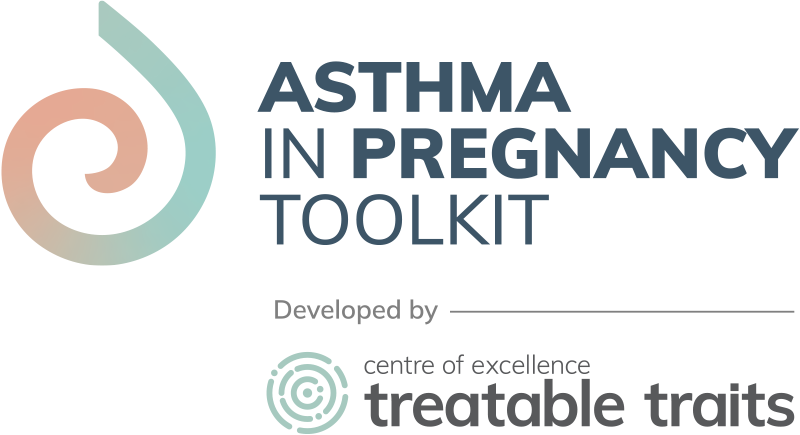Overview
In asthma there are several important risk factor/behavioural treatable traits that need to be addressed, particularly in the context of asthma and pregnancy. Smoking continues to be prevalent among pregnant women with asthma and remains the most important preventable cause of a wide range of adverse pregnancy outcomes. Other risk factors include excess gestational weight gain and physical activity.
In terms of behavioural traits self-management skills are particularly important, and optimisation of these skills including adherence, inhaler technique, management of attacks and improvement of knowledge lead to better asthma control and reduced attacks (Gibson et al. 2003, Murphy et al. 2011).
In this section we discuss the prevalence of these behavioural/risk factors, their impact on outcomes for women and the offspring, and recommend approaches to improve outcomes and minimise the impact on women with asthma and their babies.
Key Messages
- Behavioural/ risk factor traits are common among pregnant women with asthma
- These traits include smoking, physical inactivity, diet, gestational weight gain, and sub-optimal self-management
- The presence of these traits is associated with poor outcomes for the woman and her baby
- Optimisation of these traits either prior to or during pregnancy may improve asthma and perinatal outcomes
